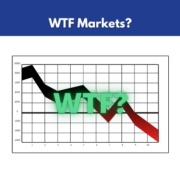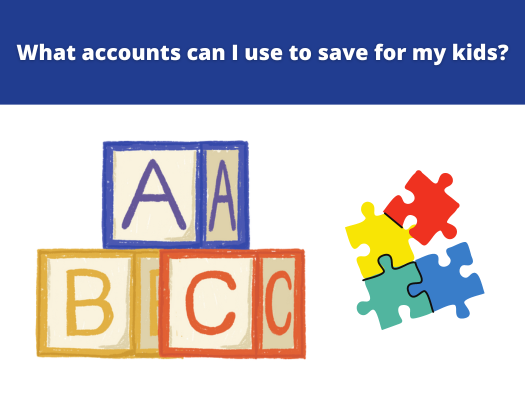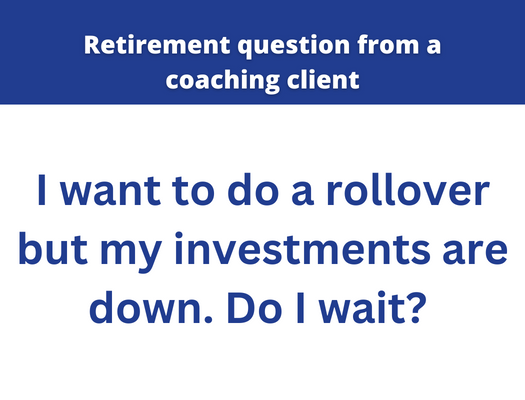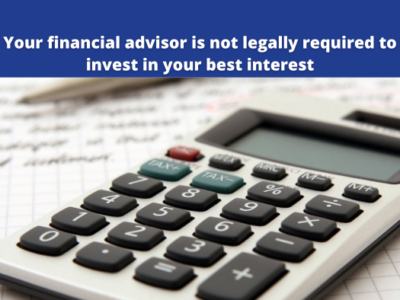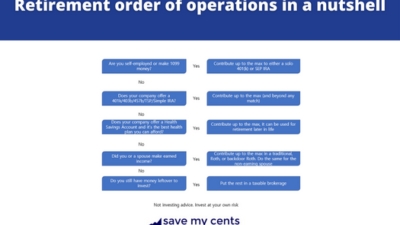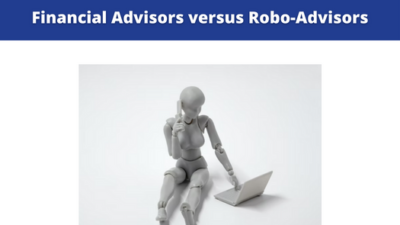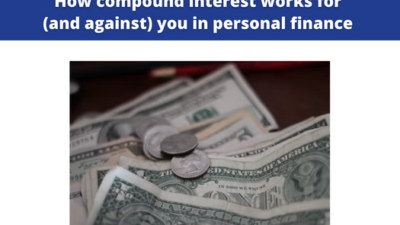Over the years, homeownership has been sold as the American Dream. If you buy a home, you’ve “made it” financially.
This following post is meant to be educational, and not to be construed as financial advice. Please invest at your own risk and do your own research.
With the booming housing market in 2021, we often hear people encouraging home ownership as the main way to become successful. Yet every day, I hear from people fretting over affording a home in an area with a high cost of living (HCOL) For people who are interested in retiring early and/or building wealth quickly, buying a house in a HCOL area may actually slow down wealth building and become more of a burden instead of a blessing.
As someone with personal experience of owning homes in Boston, Massachusetts and New York, New York, I’ve seen first hand the down side of homeownership in really expensive metropolitan areas.
Here are four reasons why buying a home in a HCOL area might not make sense:
1) Down payment drag
In HCOL areas you often need a substantial down payment (10-20% and sometimes over 20%) to secure an offer on a dream home. It is not unusual for example, for homes in the Bay Area to receive all cash offers. Saving for such a large down payment could take years of hard work. During those years, you have to consider whether or not to invest the money in the stock market or save it in a high-yield savings account (HYSA). Both options carry some risk.
If you’re planning for homeownership in the near future (2-5 years), it’s typically recommended that you keep the down payment liquid, in a savings account. However, during this time your money is not being invested and would not grow as much. If you’re planning for homeownership later down the line (5+ years), you could consider investing your down payment in the stock market. But that also comes with its own risks, depending on how the stock market is doing. There’s always the possibility that your down payment could be worth less than when you initially invested it.
Nevertheless, if the stock market were to return 10% year on year as it historically has been, not being able to invest the down payment comes with loss of the potential upside of investing.
2) High opportunity costs
Homeownership comes with a high opportunity cost. Most of the return of owning real estate comes from being a landlord, and not, as it is believed, as being a primary homeowner. As a landlord, you are more likely to see some return from owning real estate, especially if you own and rent out multiple properties. Keep in mind that for the purposes of this blog post, I also define landlord as someone who rents out a part of their home, such as a room, an in-law unit, a basement, or attic.
Your primary residence is not likely to get you a high rate of return. Here are a couple reasons why:
– People almost always buy too much home. A mortgage is often a significant portion of someone’s budget.
– Real estate transactions have their own costs. You have to consider the additional closing costs and agent costs, which in some markets can be as high as 6% – 8%.
– Paying interest towards a mortgage is an obstacle. Your home has to appreciate at a rate greater than your mortgage interest rate, for you to see any kind of return.
While it differs by area, the average long term rate of return for a primary residence is about 4%, which historically is about the same as most mortgage interest rates.
3) Your holding period may be too short
Flexible WFH policies have led many people to leave expensive areas like NYC and San Francisco. For those currently living in a HCOL area, there is a possibility that you may move someday to a suburb or a more rural area. If you purchase a HCOL home and decide to move within a few short years, that short holding period may not be enough time to realize a return on your investment. And so if you don’t envision yourself staying in your area for more than seven years, then home ownership may not be right for you.
4) One home is not a diversified investment
Part of good investing is making mistakes and learning from a diversified portfolio. When it comes to homeownership, a lot of net worth is stuck in one asset. Owning just one home can be considered a risky investment. Unfortunately, most people can only afford to own one home, if any, in their entire lifetime. By committing to such a large transaction, you miss out on the opportunity to enter in and out of smaller transactions, where you can afford to make mistakes and learn as you go about the kind of things you like to invest in. These costs can be great in the long run.
There’s nothing wrong with wanting to own a home in a HCOL area. However it’s important to consider the true costs of homeownership and whether owning this home would meet your long term financial goals. Home ownership is a big investment, make sure you’re considering all the pros and cons.
Many thanks to @thespenderandthesaver for your help in writing this blog post!


